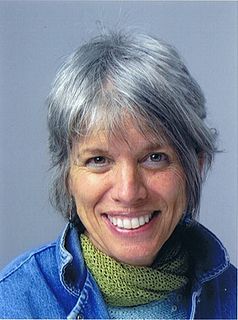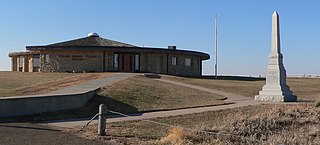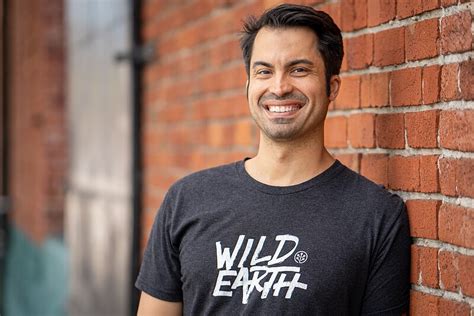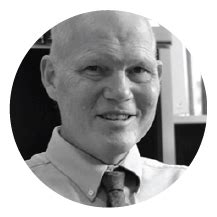A Quote by Chellis Glendinning
It is not just contemporary industrial society that is dysfunctional; it is civilization itself. We humans are born to be creatures of the land and the sea and the stars; we are relations to the animals, cohorts to the plants. Our well being, and the well-being of the very planet depend on our pursuance of our given place within the natural world.
Related Quotes
Is civilization progress? The challenge, I think, is clear; and, as clearly, the final answer will be given not by our amassing of knowledge, or by the discoveries of our science, or by the speed of our aircraft, but by the effect of our civilized activities as a whole have upon the quality of our planet's life-the life of plants and animals as that of men.
We have evidence all around us in our daily analytic practice and in contemporary world history that this earth-shaking archetypal event is taking place here and now. It has already started. It is manifesting itself in international relations; in the breakdown of the social structures of Western civilization; in political, ethnic, and religious groupings; as well as within the psyches of individuals- the momentous event of the coming of the self into conscious realization.
The profound political changes we need in order to heal our planet will not come about through fragmented problem solving or intellectual analyses that overlook the deepest yearnings and intuitions of the heart....As we begin to cultivate a rich inner life and experience our connection with all life, we realize how little of what society tells us we need is actually important for our well-being....Green politics must address the spiritual vacuum of industrial society.
The land is the appointed remedy for whatever is false and fantastic in our culture. The continent we inhabit is to be physic andfood for our mind, as well as our body. The land, with its tranquilizing, sanative influences, is to repair the errors of a scholastic and traditional education, and bring us to just relations with men and things.
We have much to contribute to the world; ways of knowing and being that are going to be essential to everyone's survival on our planet. As true citizens of Australia, properly acknowledged in our constitution, we can look forward not only to improving our own lot, but helping Australia contribute to the well-being of all the world's peoples.
The environment is everything that makes up our surroundings and affects our ability to live on the earth - the air we breathe, the water that covers most of the earth's surface, the plants and animals around us, the overall condition of our planet, and much more. Protecting the environment is really important to everyone's welfare - that of our children, as well as that of the future generations.
Cristina Eisenberg weaves her observations as a scientist and her personal experiences afield into a resonant account about the web of life that links humans to the natural world. Grounded in best science, inspired by her intimate knowledge of the wolves she studies, she offers us a luminous portrait of the ecological relationships that are essential for our well-being in a rapidly changing world. The Wolf's Tooth calls for a conservation vision that involves rewilding the earth and honoring all our relations.


































